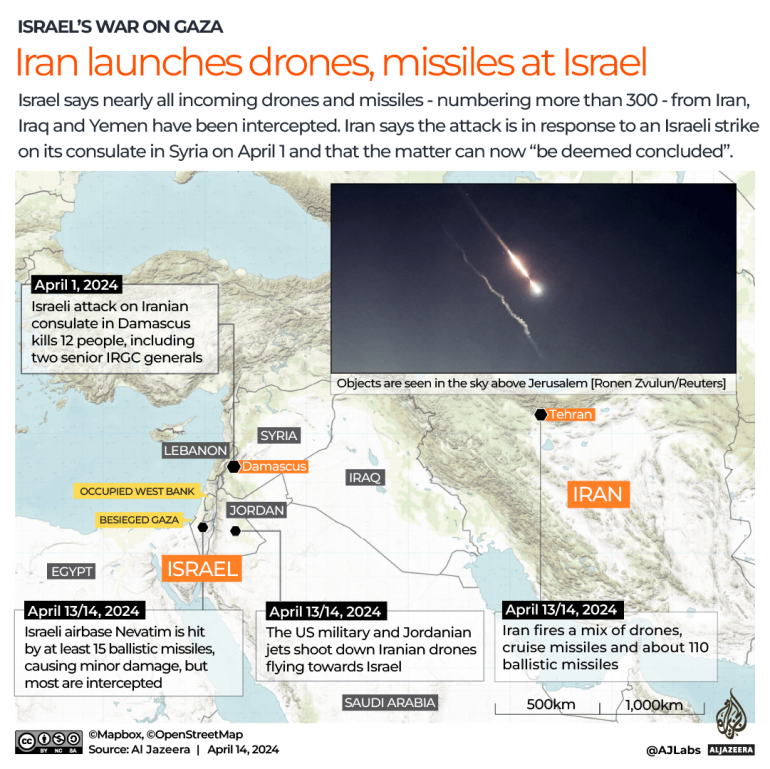Iran has recently launched a significant attack on Israel, with over 300 missiles and drones directed towards Israeli territory. This attack, which occurred on April 13th, has heightened tensions between Iran and Israel, bringing them close to a full-scale conflict.
The mastermind behind this attack is Ayatollah Ali Khamenei, the supreme leader of Iran. Khamenei has been in power for over three decades and holds immense authority in Iran. As the head of state and commander-in-chief, he wields considerable control over the country’s armed forces and has the power to declare war.
Khamenei’s rise to power was not without controversy. In 1989, following the death of the first supreme leader, Ayatollah Ruhollah Khomeini, Khamenei emerged as his successor despite not being the most senior figure in Iranian politics or religion. The Assembly of Experts, a group of senior clerics, amended the constitution to allow for Khamenei’s ascension to the supreme leadership.
Since taking office, Khamenei has consolidated his power and expanded his influence. He controls Iran’s security apparatus, military operations, and nuclear activities, shaping the country’s domestic and foreign policies according to his vision. Khamenei’s ultimate goals include the elimination of Israel and maintaining a steadfast opposition to the United States.
Tensions between Iran and the United States escalated during the presidency of Donald Trump, who withdrew from the 2015 nuclear deal and reimposed sanctions on Iran. Khamenei condemned these actions and vowed to retaliate against any aggression. Following the killing of Iranian General Qasem Soleimani by the United States in 2020, Iran launched ballistic missiles at bases hosting US forces in Iraq, signaling its willingness to confront its adversaries.
Despite his confrontational stance towards the West, Khamenei faces challenges at home. Iran has witnessed several waves of protests against his regime, fueled by economic hardship, political repression, and social grievances. In recent years, Iranians have taken to the streets to denounce Khamenei’s leadership, calling for greater freedoms and economic reforms.
Khamenei’s latest aggression against Israel raises questions about Iran’s motives and its role in the region. Some view it as a desperate attempt to assert Iran’s dominance, while others see it as a calculated move to project strength and deter adversaries.
In conclusion, Iran’s recent attack on Israel underscores the volatile nature of the region and the complexities of Iranian politics under Ayatollah Ali Khamenei’s leadership. As tensions continue to simmer, the world watches closely to see how the situation unfolds and whether diplomatic efforts can avert further escalation.

